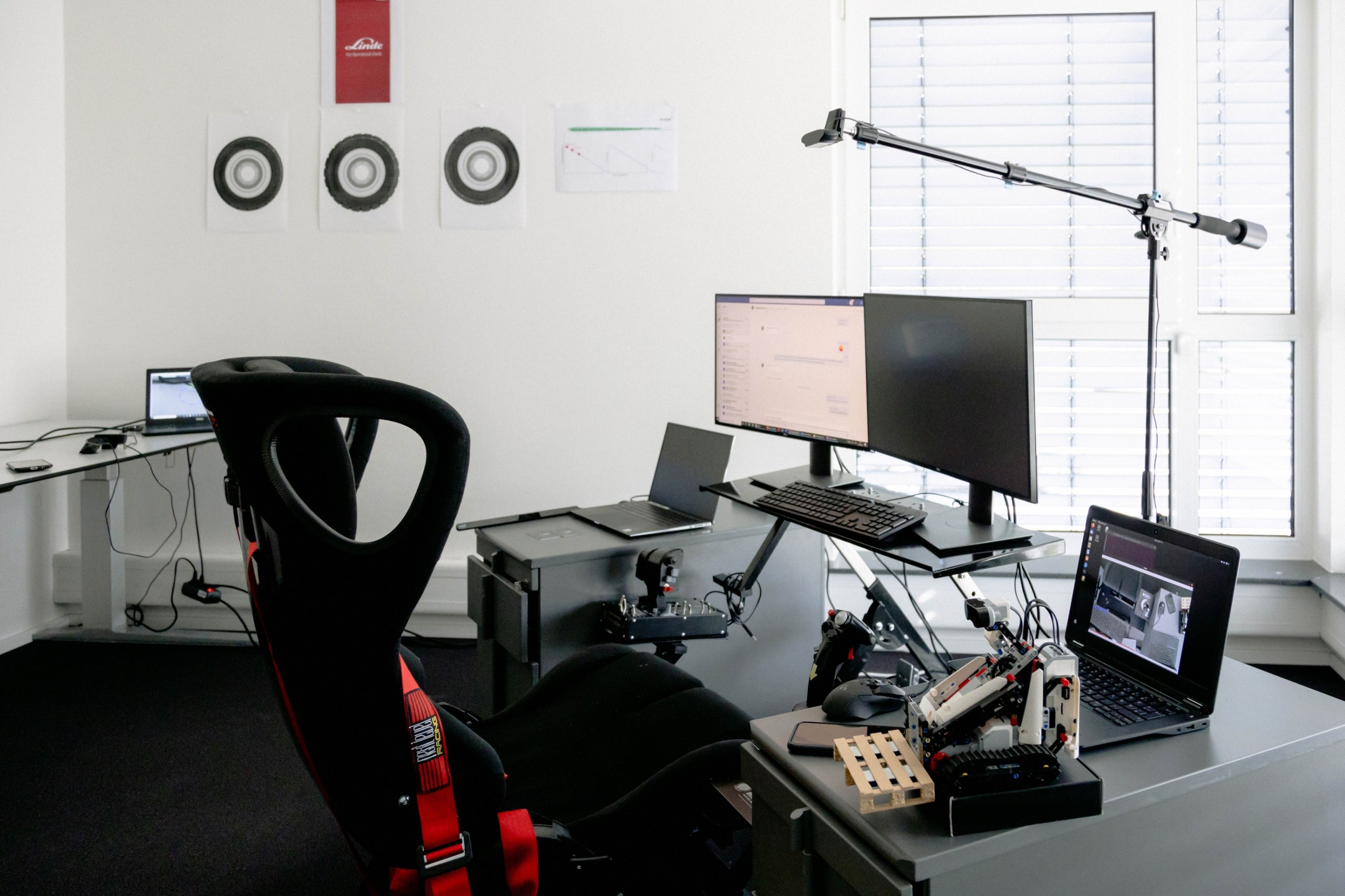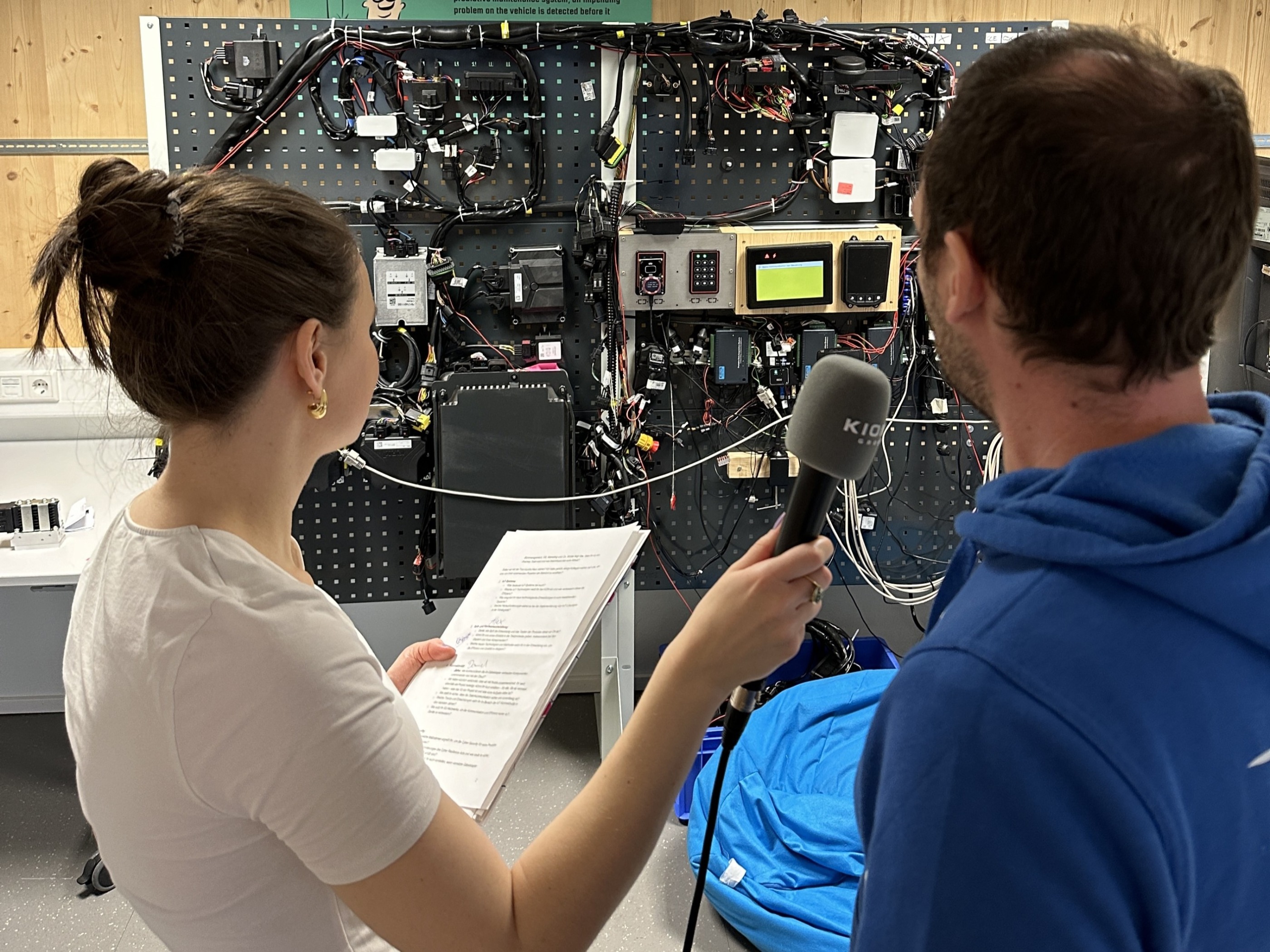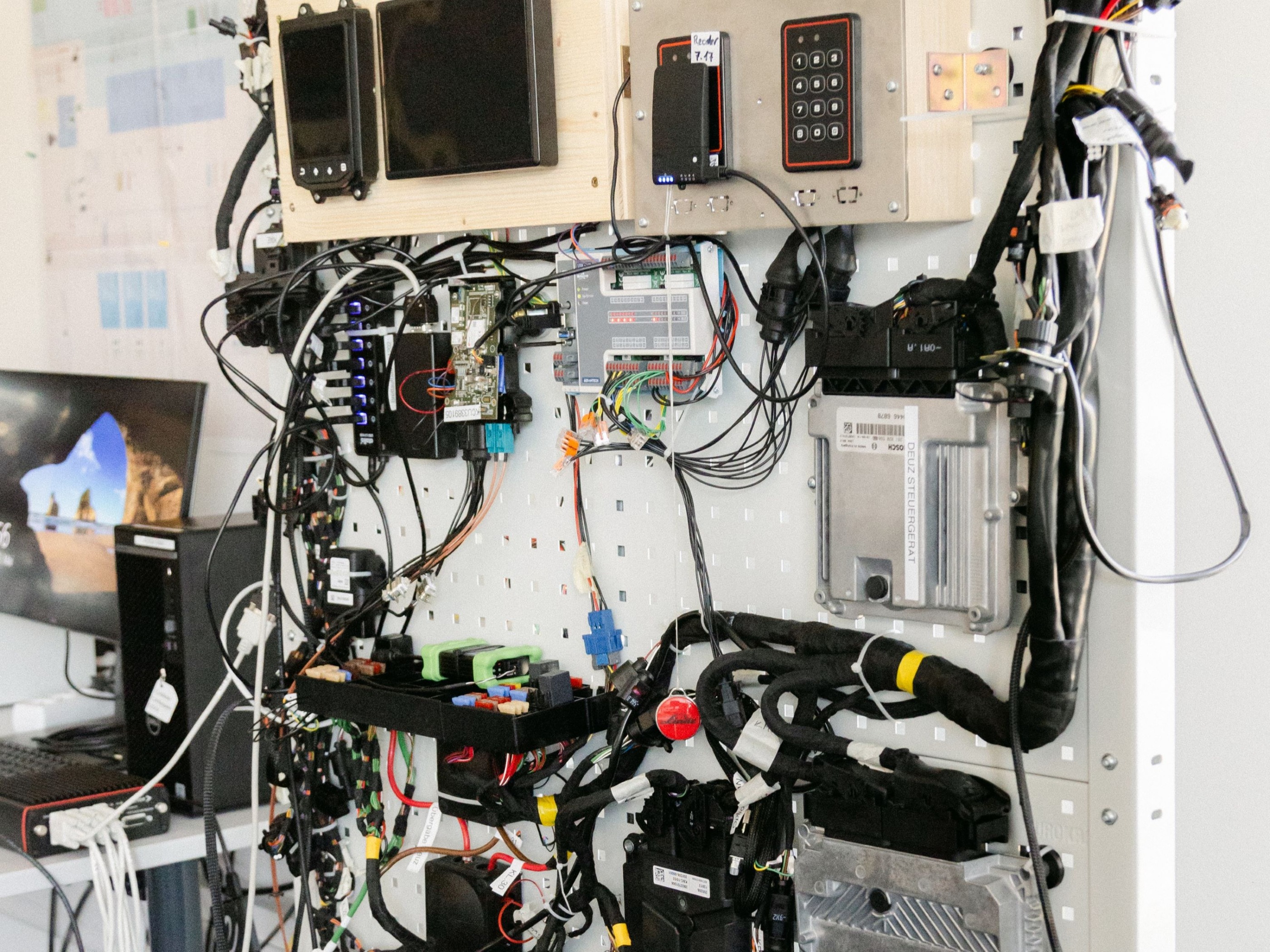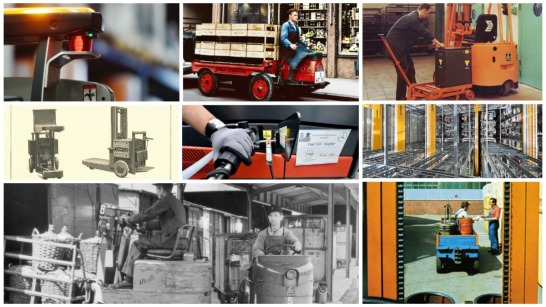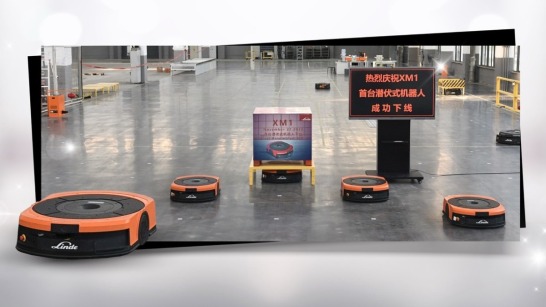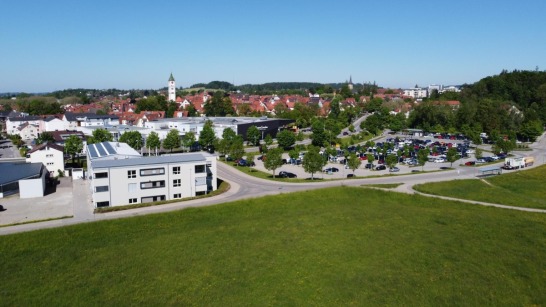
KION's Digital Competence Center for IoT
Where do innovations happen within the KION Group? For example, in Wangen! Between cowbells and the Lake Constance breeze stands a digital nerve center of the KION Group: In the tranquil town of Wangen, Germany, a team of experts is developing the technologies that bring forklift trucks into the Cloud – and from there back into everyday intralogistics.
2025-06-25
